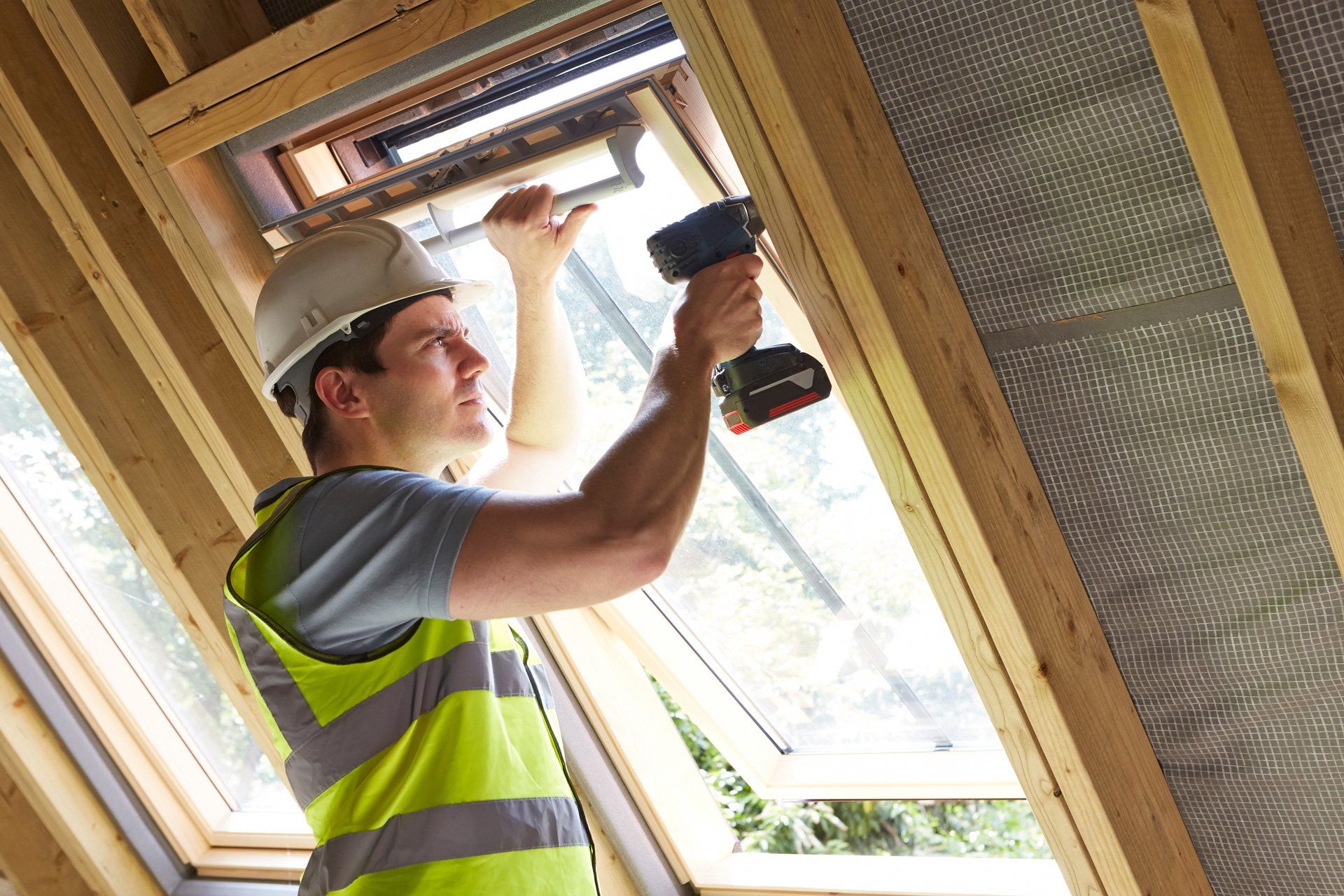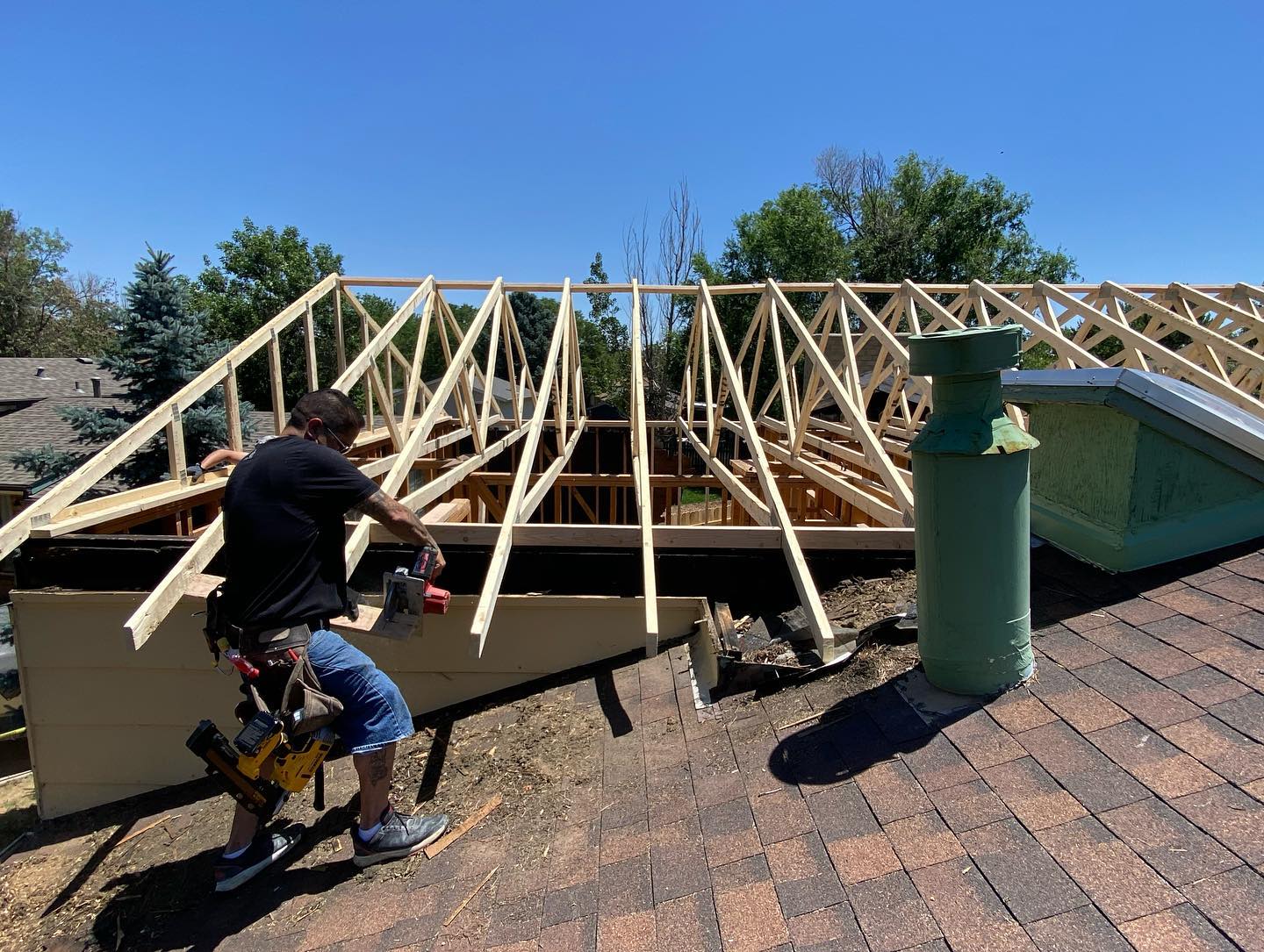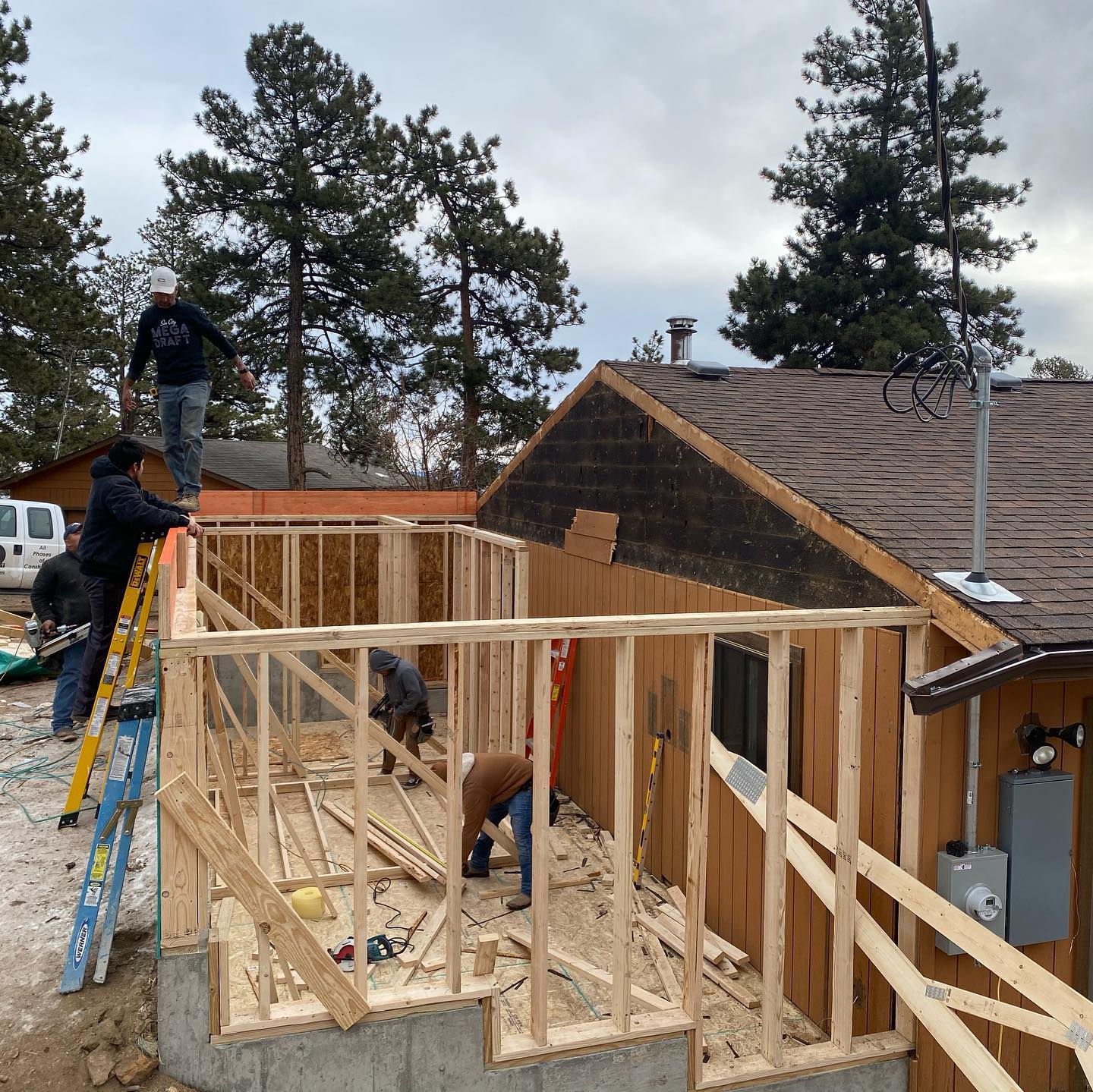General Contractor Licenses: Why They Matter
General Contractor Licenses: Why They Matter

Ensure Your Contractor Meets Legal and Quality Standards
When you’re embarking on a construction or renovation project, whether it's a simple home makeover or a major commercial build, one of the most critical aspects to consider is the choice of your general contractor. But it’s not just about picking someone who comes highly recommended or has a portfolio full of impressive projects. You need to dive deeper into their credentials, and one of the most significant of these credentials is their license. A general contractor license isn’t just a piece of paper; it’s a testament to a contractor's ability, reliability, and adherence to industry standards and legal requirements. In this blog, we’ll explore why general contractor licenses are so crucial and what they mean for your project’s success and your peace of mind.
Understanding General Contractor Licenses
Understanding general contractor licenses is crucial for anyone embarking on a construction project. These licenses are issued by state or local authorities and ensure that contractors have met the necessary standards of knowledge, experience, and professionalism. Obtaining a license typically involves passing rigorous exams, demonstrating practical experience, and complying with legal and financial requirements. This process is designed to verify that the contractor is well-versed in building codes, safety regulations, and construction best practices.
A general contractor license not only validates a contractor's qualifications but also provides important protections for homeowners and businesses. Licensed contractors are often required to carry insurance and bonding, which safeguards you against potential liabilities, such as property damage or inadequate work. This added layer of security ensures that your project is completed to high standards and helps avoid legal and financial complications.
Why General Contractor Licensing Matters for Quality Work
General contractor licensing is pivotal for ensuring high-quality work on construction projects. A licensed contractor has undergone rigorous testing and met specific education and experience requirements, which confirms their expertise and commitment to industry standards. This comprehensive training helps ensure that the contractor can handle complex tasks, adhere to safety regulations, and deliver reliable results.
Moreover, licensed contractors are typically required to stay updated with the latest building codes and construction practices through continuing education. This ongoing learning process helps them implement the most current techniques and technologies, enhancing the overall quality of their work. By choosing a licensed general contractor, you’re more likely to receive superior craftsmanship and a project that meets or exceeds your expectations.
Why a General Contractor License is Essential
Proof of Professionalism and Competence
A general contractor license confirms a contractor’s skills and expertise, as it requires passing rigorous exams and meeting experience requirements. This ensures they have the knowledge needed to handle complex construction tasks effectively.
Legal and Financial Protection
Licensed contractors provide added security through insurance and bonding. This coverage protects you from financial losses and legal issues related to property damage or substandard work, ensuring peace of mind throughout your project.
Adherence to Building Codes
A licensed general contractor is well-versed in local building codes and regulations, ensuring that your project complies with safety standards. This adherence minimizes risks and avoids costly corrections or legal complications.
Peace of Mind
Hiring a licensed general contractor gives you confidence that your project is managed by a professional who meets industry standards. This assurance reduces stress, knowing that the contractor is qualified and legally accountable for their work.
Enhanced Quality of Work
Licensed contractors often stay updated with the latest industry practices through ongoing education. This commitment to improvement typically results in higher-quality workmanship, ensuring your construction project meets or exceeds your expectations.
How to Verify a General Contractor’s License
- Check with Local Licensing Authorities: Verify a contractor’s license status by consulting local licensing databases. This ensures their license is active and provides details on any past disciplinary actions or complaints.
- Ask for Proof of License: Request the contractor's license number and proof of insurance. A reputable professional will readily provide this information, allowing you to confirm their legitimacy and compliance with local regulations.
- Look for Reviews and References: Research online reviews and ask for client references to gauge a contractor's reputation. Positive feedback and satisfied past clients can indicate reliability and quality of work.
How a Licensed General Contractor Ensures Project Success
A licensed general contractor plays a crucial role in ensuring project success by bringing a wealth of expertise and adherence to industry standards. The licensing process involves rigorous exams and practical experience, confirming that the contractor is well-versed in building codes, safety regulations, and construction best practices. This expertise helps avoid common pitfalls and ensures that the project adheres to legal and quality requirements, reducing the risk of costly mistakes or delays.
Additionally, licensed contractors often carry insurance and bonding, which provides financial protection in case of accidents or incomplete work. This added layer of security means that any issues that arise can be addressed effectively, contributing to a smoother, more successful project completion.
Common Misconceptions About Contractor Licenses
Common misconceptions about contractor licenses often lead to confusion when hiring professionals. One frequent misunderstanding is that a license guarantees perfect work. While a license indicates that a contractor meets industry standards and has the necessary training, it doesn’t ensure that every project will be flawless. It’s still important to review their past work and client feedback to assess their fit for your specific needs.
Another misconception is that all types of work require a license. Licensing requirements vary by region and the nature of the work. For instance, some minor repairs may not need a licensed contractor, but for substantial or specialized tasks, such as electrical or plumbing work, a licensed professional is crucial. Always verify local requirements to ensure compliance.
What to Do if a Contractor is Unlicensed
If you discover that a contractor is unlicensed, it's essential to weigh the risks before proceeding. Unlicensed contractors often lack the necessary training, insurance, and bonding required for quality and legal protection. This can lead to subpar workmanship, potential legal issues, and financial liabilities if something goes wrong during the project. It’s crucial to understand these risks, as you may have fewer recourse options for disputes or damages.
Instead of working with an unlicensed contractor, consider seeking alternatives. Look for licensed professionals who meet the necessary qualifications and local regulations. This ensures better protection, adherence to building codes, and overall project success. Verifying a contractor’s credentials can save you from future complications and ensure a smoother construction process.
Conclusion
In conclusion, a general contractor license is crucial for ensuring quality, safety, and professionalism in any construction project. It signifies that a contractor meets rigorous standards and legal requirements, offering essential protection and peace of mind. At K&D Development, located at 2951 W 91st Pl, Federal Heights, CO 80260, working with licensed professionals is a priority to guarantee the highest standards in every project. Whether planning a home renovation or a commercial build, choosing a licensed contractor ensures a sound investment. For expert advice and reliable service, K&D Development is ready to assist with all construction needs.












